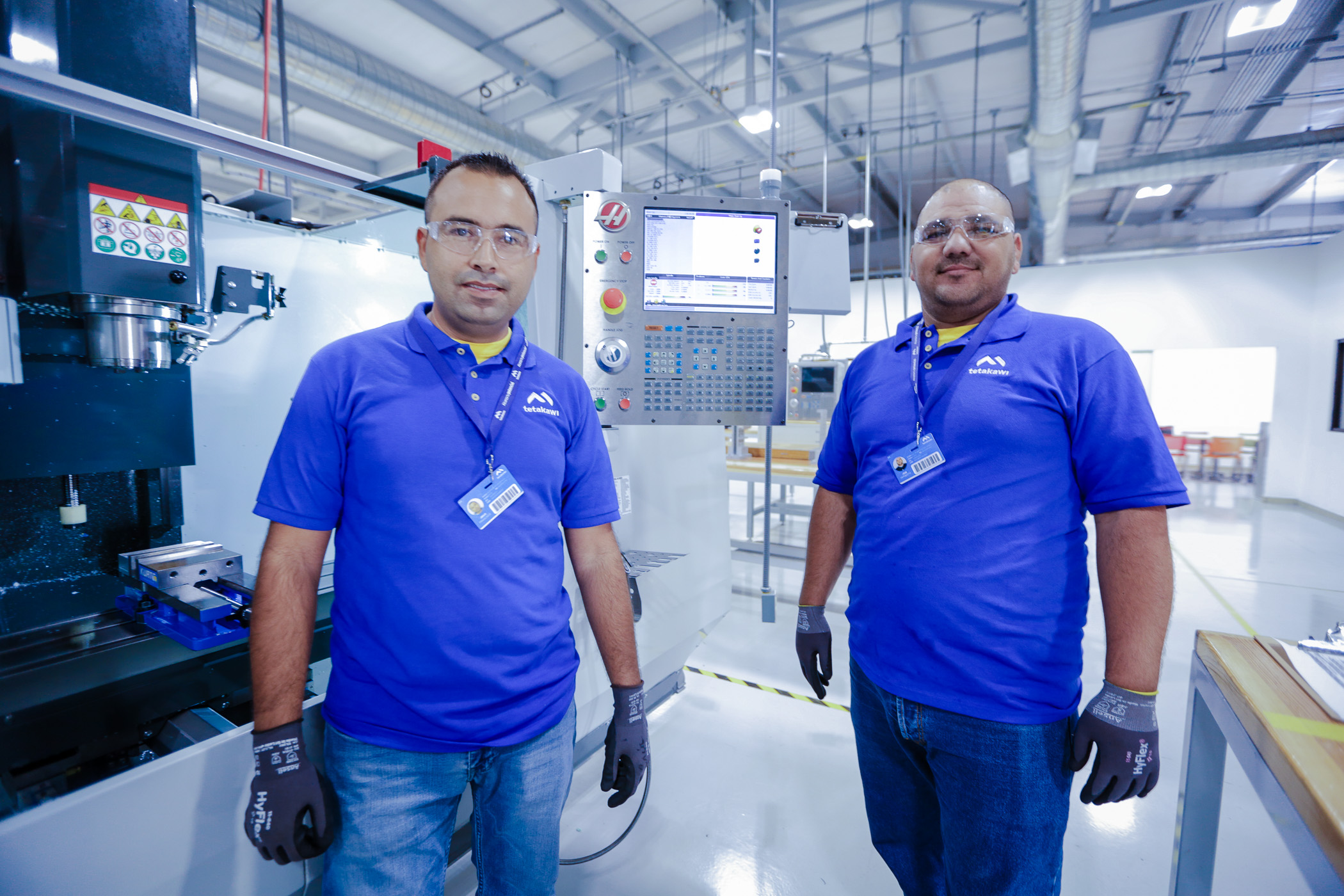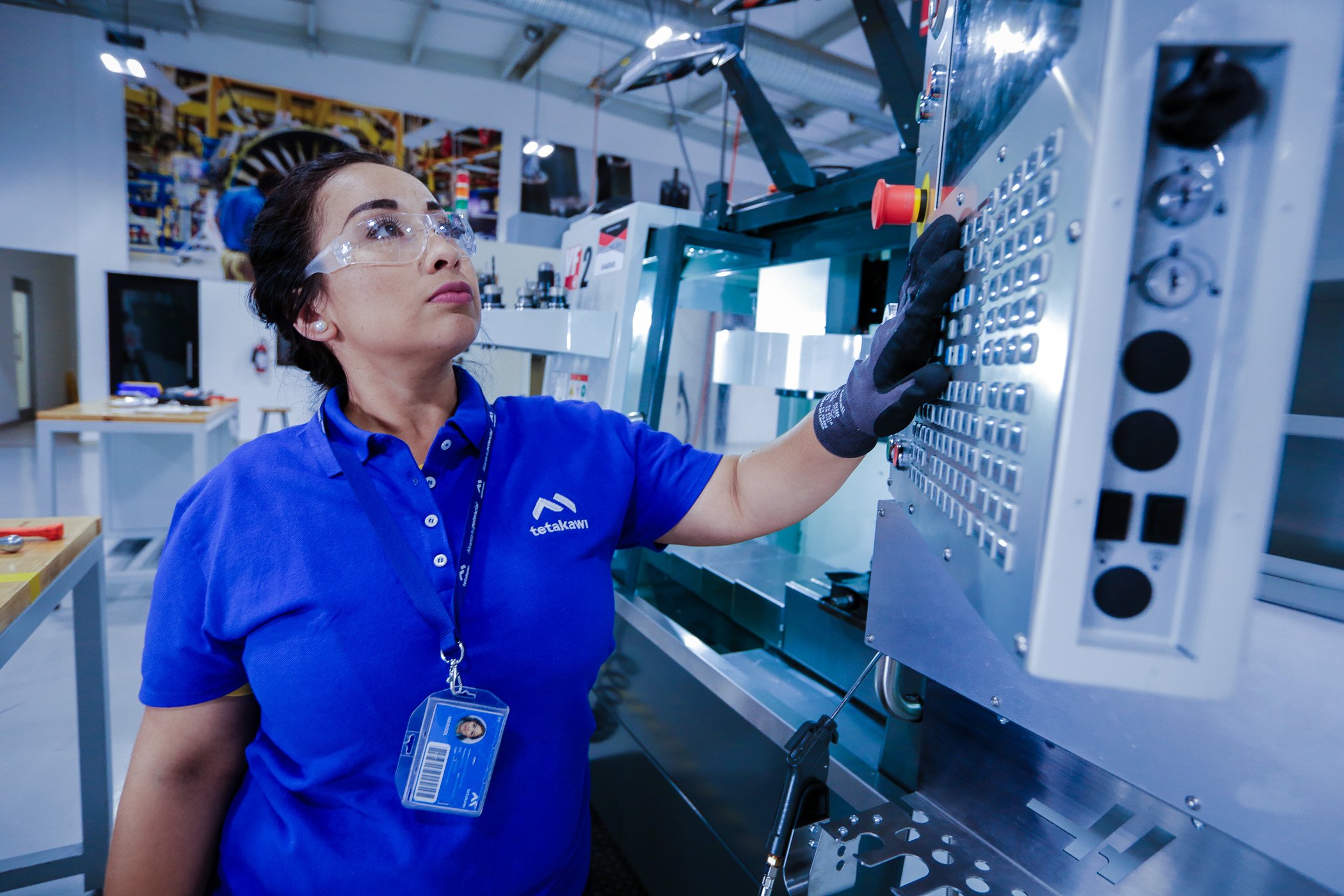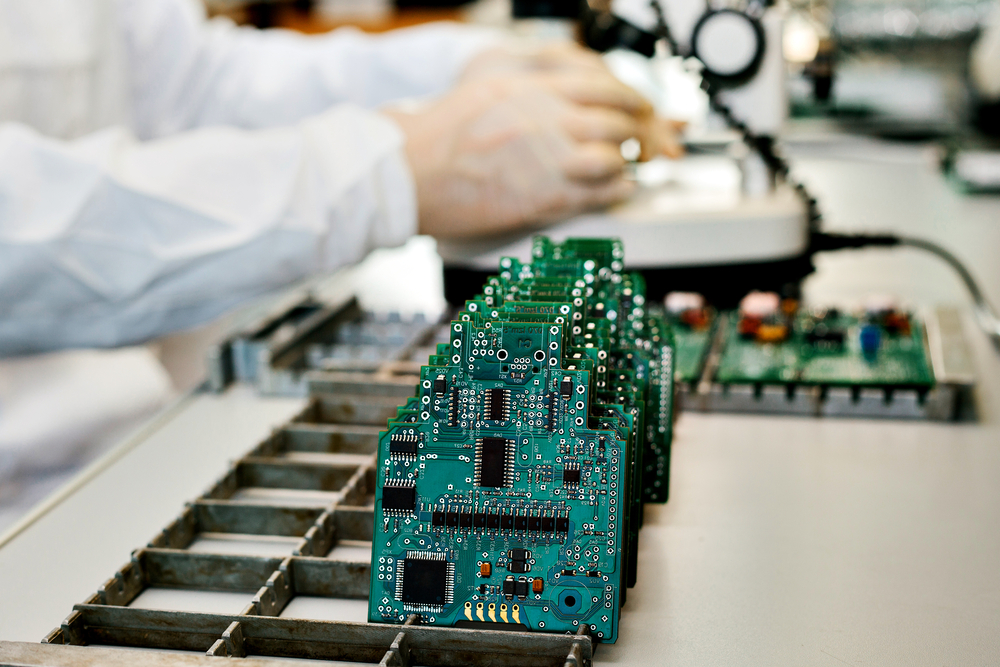As part of the Affordable Care Act (ACA), medical device manufacturers within the U.S. must now pay an excise tax. Many medical device manufacturers have spoken out against the excise tax, which is a special tax on the sale of specific medical devices by the manufacturer or importer. Despite outcry against the tax and ongoing arguments about its effectiveness, it may not be repealed. Many U.S. businesses must now find a way to mitigate the costs of the tax, and some are choosing to nearshore their production process by expanding to Mexico to take advantage of the country's lower manufacturing costs.
Issues arise when remaining in the US
According to an op-ed piece for the The Los Angeles Times, medical device manufacturers and importers are now facing an excise tax of 2.3 percent on the sales of medical products. The article said the tax came into effect on Jan. 1, 2013, and has seen bipartisan support for its repeal. However, the tax was created to generate $30 billion over the next decade, and many U.S. economic and financial experts argue that it needs to stay put.
While the U.S. health care industry has been affected across the board by the tax, the tax isn't going away anytime soon. According to the op-ed piece, for medical device manufacturing to continue innovating and providing great products at a reasonable cost, businesses in the industry need to come up with a solution to offset the excise tax.
According to The Hill, some medical device manufacturers have chosen to boost their products' prices when they sell to hospitals and health systems within the U.S., which may not be the best solution. The source suggested the manufacturers were passing the costs onto the U.S. medical community, such as hospitals and physician practices, which isn't the right course of action for the industry.
Nearshoring as a low-cost solution
Research from ReportLinker found Mexico is second in the Latin American market in the consumption of medical devices and it closely linked to the U.S industry. Close proximity to the U.S. has already encouraged businesses to move goods across the border, and the two countries have a strong tie in the medical device manufacturing industries and markets. Taking advantage of this established alignment by expanding to Mexico allows medical device manufacturers to stay close to their target markets, which helps them to ensure products get to consumers quickly while still reducing costs.
Mexico is a top offshoring destination because of its high-quality workforce, low wages and competitive manufacturing environment. U.S. businesses experience significant cost reductions when they nearshore to Mexico because they are able to see the same advantages as they would if they had offshored to an overseas destination while cutting expenses even more due to lower transportation costs and a more flexible supply chain. Medical device manufacturers can leverage their options by nearshoring to Mexico to ensure their bottom line stays strong without having to pass on the costs to the U.S. health system.
Subscribe
Sign up and stay informed with tips, updates, and best practices for manufacturing in Mexico.





